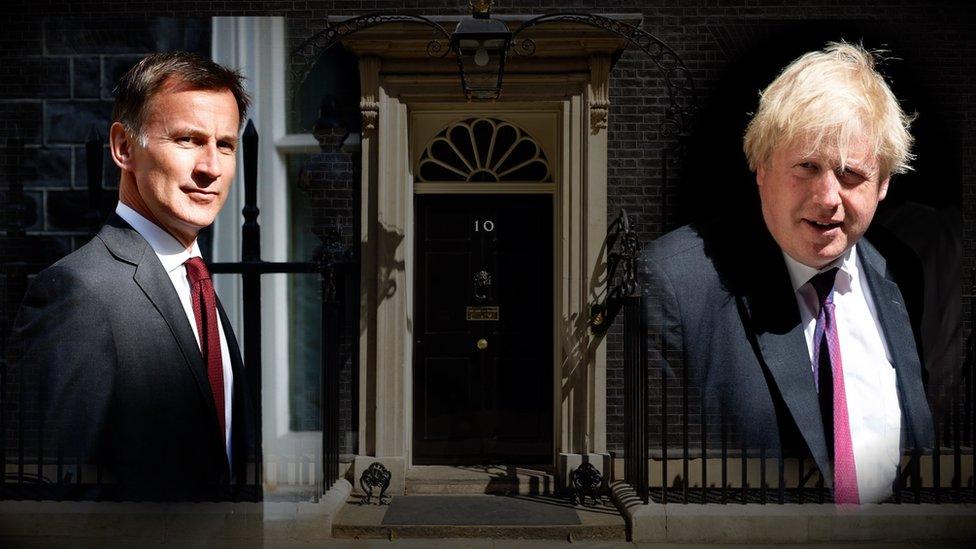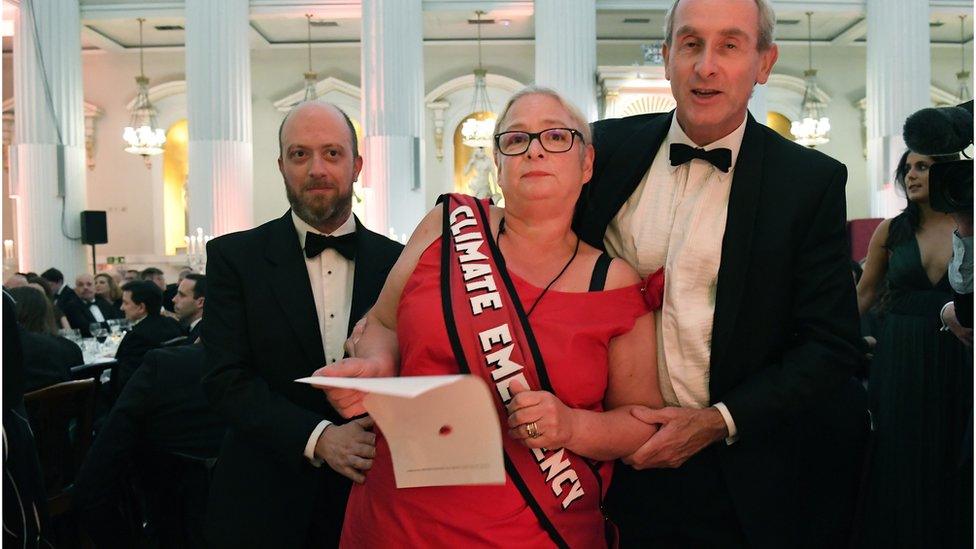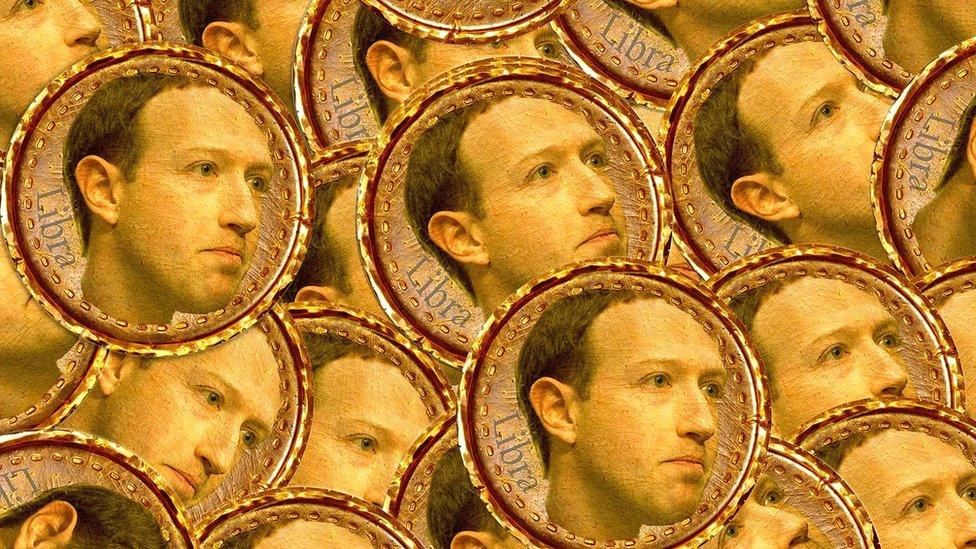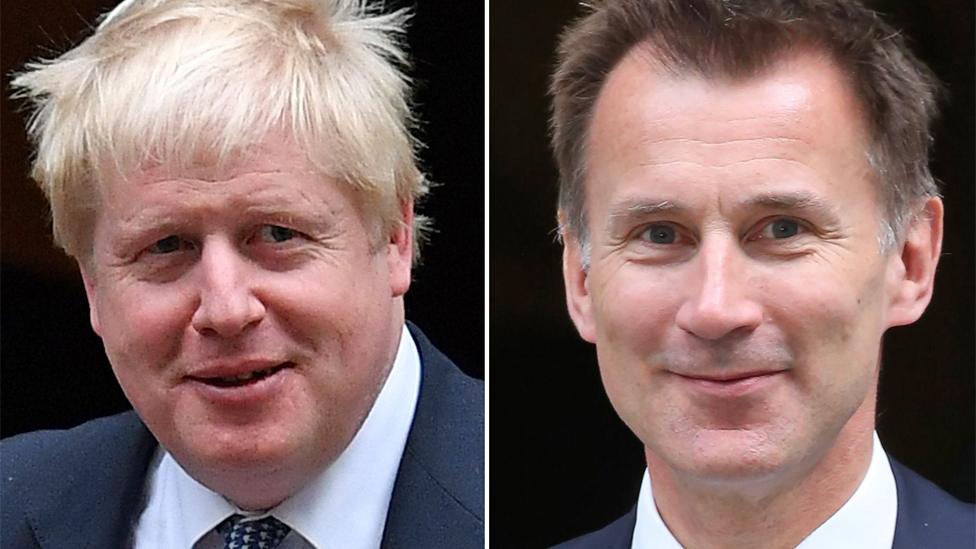Carney: '150,000 firms not fully ready for no-deal Brexit'
- Published
- comments
Businesses 'not fully ready' for no-deal, says Carney
About 150,000 businesses still do not have the paperwork they need to keep exporting to the EU in the event of a no-deal Brexit, Mark Carney has said.
The Bank of England governor added that many had built up contingency stocks, but these would only last "weeks".
"Business will be reliant on what the governments are able to do in order to keep the ports open, the trade flowing," he told the Today programme.
But he said the financial system was prepared for a no-deal scenario.
The UK is due to leave the EU by 31 October after seeking an extension to leave the bloc back in March.
Boris Johnson, considered the favourite in the race to become the next prime minister, has said the UK must leave in October, even if it has not struck a deal.

His rival, Jeremy Hunt, has said the UK may need more time, although he would accept no-deal as a last resort.
Ahead of his Mansion House speech to the City on Thursday, Mr Carney said about three quarters of UK businesses have done as much as they could do to prepare for a no-deal.
"But it doesn't mean they are fully ready, in fact far from it," he told the BBC.
He also stressed that in the event of a no-deal exit, the return of trade tariffs on goods shipped to the EU would be "automatic".
This contradicts a claim from Mr Johnson that the UK could secure a 10-year standstill in current arrangements using an article of the General Agreement on Tariffs and Trade known as "Gatt 24".
"The Gatt rules are clear... Gatt 24 applies if you have a [withdrawal] agreement, not if you've decided not to have an agreement, or you have been unable to come to an agreement," Mr Carney said.
"So... we should be clear that not having an agreement with the European Union would mean that there are tariffs, automatically, because the Europeans have to apply the same rules to us as they apply to everyone else."
'Facebook currency must be safe'
Mr Carney also said he was cautiously open to Facebook's new digital currency, Libra, which is due to launch in the first half of next year.
But he said the Bank would be setting "ground rules upfront" to protect consumers and their data, and that Libra "had to be safe or it is not going to happen".
"Welcome to the world of finance: there is oversight, there is consumer protection, there is market integrity, people have certain rights to privacy that have to be respected.
"And we're not going to allow a network that comes into place that is a network for criminals and terrorists."
Facebook unveiled details about Libra this week, claiming the virtual currency would be as easy to use as texting.
It said Libra would be independently managed, backed by real assets and pegged to a basket of well-known currencies.
But there have been concerns about how people's data and cash will be protected, as well as the currency's potential volatility.
Mr Carney said: "All the major global central banks and supervisors would have direct regulatory control of this if it is going to work, which is an open question, and we have an open mind about it."
- Published20 June 2019

- Published20 June 2019

- Published20 June 2019
